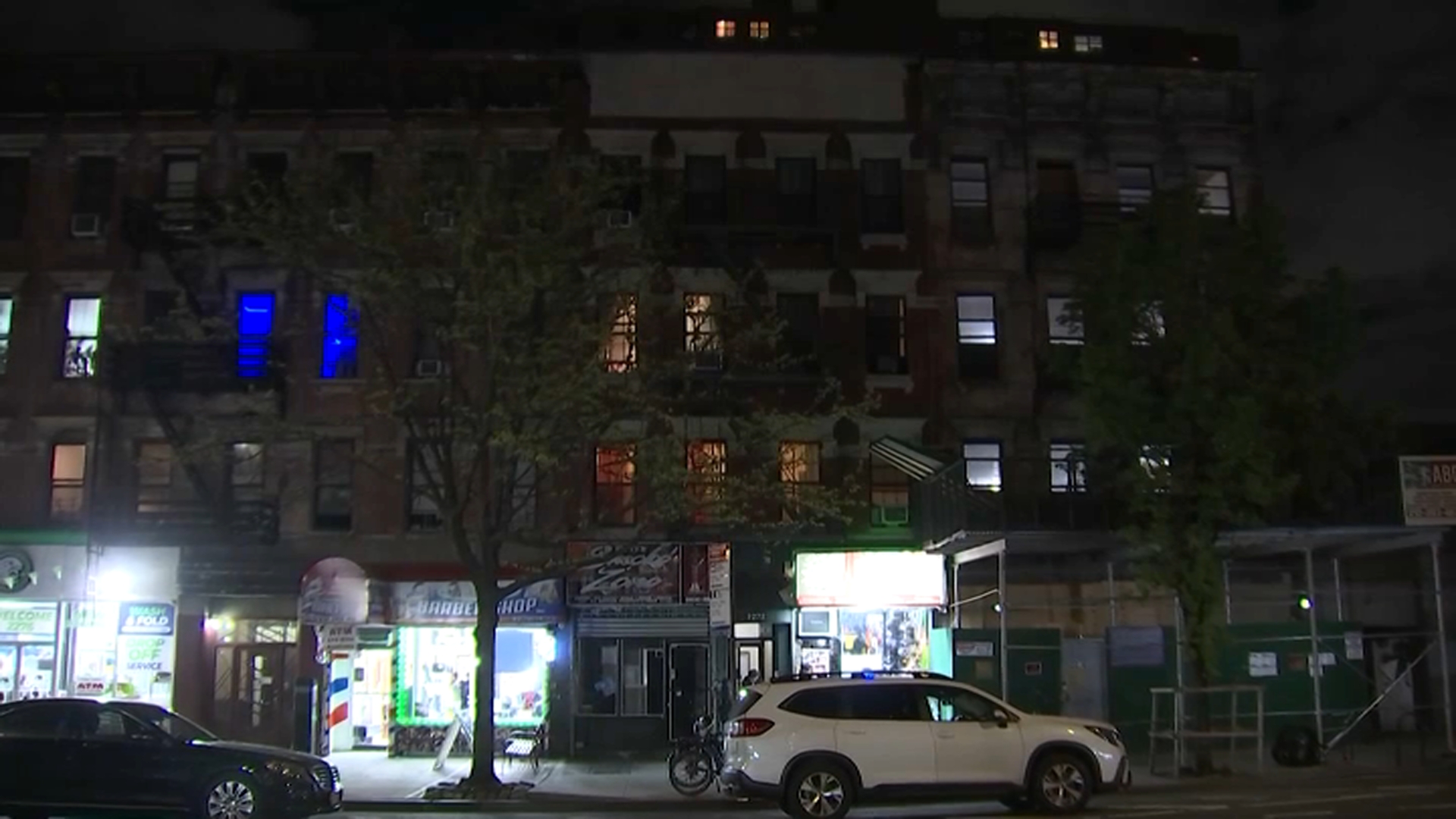After a Legionnaires' disease outbreak linked to a cooling tower at a Bronx hotel claimed a dozen lives and sickened nearly 130 New Yorkers over the summer, making it the worst such epidemic in city history, the city established legislation to regulate cooling towers, putting protocols in place where previously there had been no tracking mechanism.
The new legislation required all building owners to register their cooling towers within 30 days and for those towers to be tested for Legionella bacteria. Any towers found to be contaminated were to be disinfected immediately, and regular inspections would be conducted to ensure ongoing sanitization.
But figuring out which buildings had cooling towers and, at times, which didn't, proved to be complicated. The I-Team pored over hundreds of records and found violations given out to buildings without cooling towers, violations given to building owners who had complied with the law and residents frustrated by a bureaucratic hassle they say was unnecessary.
City officials maintain that despite headaches for a few, their efforts succeeded, and probably will ultimately save lives.
They say 3,619 building owners registered their cooling towers by the September deadline called for under the new city guidelines. Officials believe that's 90 percent of all the towers that exist in the city.
"In this case we leaned to being over aggressive," Deputy Mayor Anthony Shorris told the I-Team. "People got sick. People died. So I don’t think we had any choice."
"If I have to make a trade-off between some amount of hassle associated with dramatically reducing the risk of the disease I’ll take that anytime," Shorris added. "We went after every building we could think of that might have a cooling tower."
Local
City officials used police helicopters, firefighters, building inspectors -- even Google maps and subpoenas, according to sources and hearing decisions, to discern who had cooling towers and issued more than 1,200 violations for failing to register, disinfect, or file proper paperwork.
But not all those violations are sticking. At hearings so far, about 260 of the building owners charged with failing to register, clean their towers or file proper paperwork have had their violations dismissed.
The I-Team learned and the city confirmed that some New Yorkers felt either so pressured or fearful of breaking the new rules they ended up registering cooling towers they didn’t have. Some then faced additional fines for failing to disinfect cooling towers they didn’t have.
Others had violations dismissed because they have no cooling towers or because they could prove that they did indeed file the proper paperwork. The city has forgiven another 200 fines, including some for city-owned properties that didn't register by the deadline.
William Spitz, whose business Wesco Technologies maintains cooling towers, tells the I-Team most of his clients found the registration process simple and painless.
Spitz seemed bemused by the confusion in identifying the city’s universe of cooling towers.
“For someone who knows, it’s very easy,” Spitz said. “For one thing, the cooling towers have fans and pumps circulating the water through it, and there’s usually a plume of steam that’s coming off of a cooling tower when it’s operating.”
Legionnaires' disease usually sets in two to 10 days after exposure to the bacteria and has symptoms similar to pneumonia, including shortness of breath, high fever, chills and chest pains. People with Legionnaires' also experience appetite loss, confusion, fatigue and muscle aches.
It cannot be spread person-to-person and those at highest risk for contracting the illness include the elderly, cigarette smokers, people with chronic lung or immune system disease and those receiving immunosuppressive drugs. Most cases can be treated successfully with antibiotics.
The cooling towers represent a particular concern because they are outdoors and can spread a contaminated mist through an entire community.



